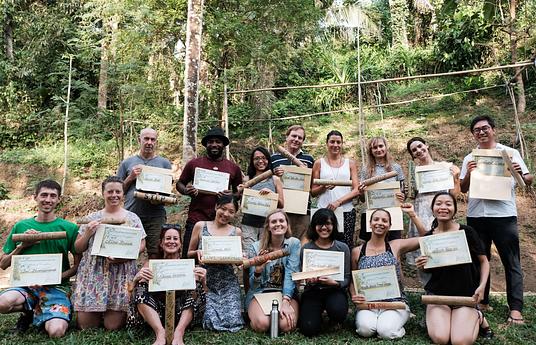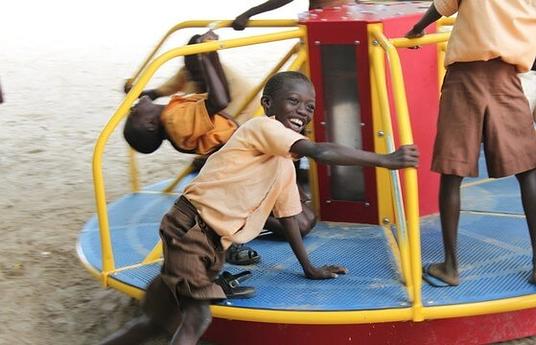Sustainability has never been more important. We’re all really starting to feel the effects of a world out of balance. But it’s not all doom and gloom.
As always it comes back to education. We need to make sure we’re educating ourselves and the next generation on sustainability issues and how to live and create societies which are more eco-friendly. There are magnificent schools and projects across the world who are already doing this, so here’s four of our favourite ways to embrace sustainability at school.
1. Global Learning
Why wait until you’re grown-up to take action on the United Nations Sustainable Development Goals (SDGs)? At Global Learning, learners from all over the world collaborate on ambitious projects addressing pressing real-life challenges based on the SDGs.
Students taking part in Global Learning have already worked on multiple projects such as the Human Differences project, where 50 schools across 37 countries tackled important questions about global equality with the aim of building bridges instead of walls. A more positive solution to fixing a fractured world.
Next up is the Climate Action project, starting in October 2017. The most ambitious one yet, this project is bringing together 250 schools across 66 countries to collaborate on climate change topics, with the aim of developing learners' understanding of key issues before working on ideas to take action.
Global Learning just goes to show that young people don’t have to wait until school’s over to get involved in eco-politics, they can take action and help the world reach the UN’s Sustainable Development Goals today.
2. Forest Schools
A whole school movement that has swept the globe, Forest Schools focuses on providing children with regular hands-on learning experiences in nature and woodlands. One of these schools is Longworth Forest School in New Zealand.
Longworth Forest School focuses on giving their children a deep psychological understanding of eco-sustainability by immersing them in a natural environment every day. Through regular outdoor play, children learn to develop positive relationships with themselves and others as well as a bond with nature and an understanding of their place in the natural world.
Forest schools also provide children with a self-directed learning experience in which they can learn literacy and numeracy in a more holistic way, they’re encouraged to discover their own interests and passions, and the children use the natural environment for their creative dramatic play.
3. Green Educator Course
Often one of the problems facing sustainability is that, even though it’s recognized as one of the key issues of our time, many people don’t know how to incorporate it into education. Green School in Bali teaches sustainability in a student-centred and holistic way and is dedicated to teaching environmental stability.
They also run an Educator Course which provides teachers with professional development in order to educate them on how to teach these important issues. By invigorating and empowering teachers to include sustainability in their own lessons, Green Educator Course creates a global network of teachers inspired to working towards a more sustainable world.
4. MUSE School
MUSE School in California is known for its Blueprints – a holistic assessment method which takes into account the whole child and their learning journey, rather than focusing on standardized exams.
More than this though, MUSE school is focused on sustainability and how students can have a positive impact on the environment. Their whole process is focused on eco-literacy, restoring and celebrating nature, and serving as a champion of everything green. They include outdoor learning to encourage students to live consciously with themselves, with each other and with the world; believing that once you see the world, you're inspired to save the world.




